- Your benefits as a Premium Member
10% off items
Free shipping from €20.00
- Help & Contact
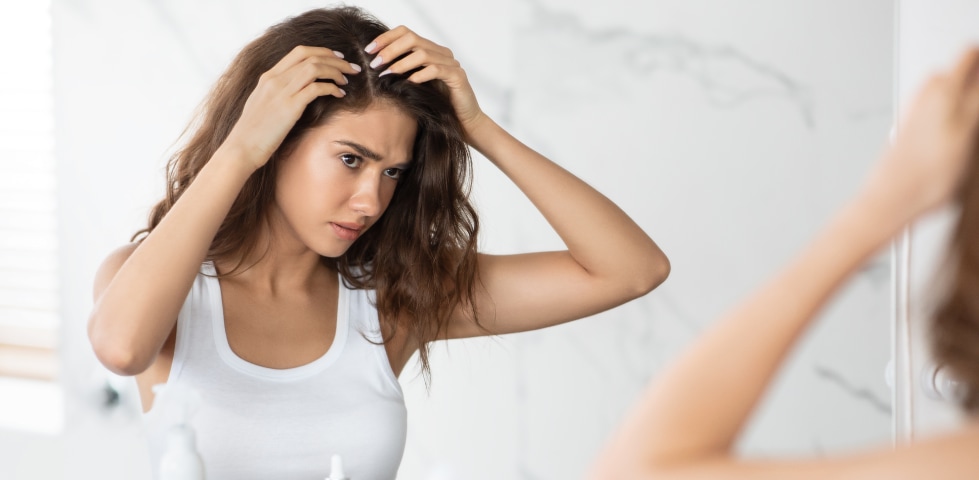
Itchy scalp: causes, treatments and tips for home remedies
An itchy scalp is extremely unpleasant and affects many people. Through constant scratching, the skin is irritated, which can lead to further irritation. To treat an itchy scalp, it is important to understand why it is itchy. This is because the causes vary. There are many remedies for the relief of itching – even home remedies can help make an itchy scalp disappear.
07 February 2025
Table of contents
What are the possible causes of an itchy scalp?
There are many reasons for an itchy scalp. To be able to treat the scalp effectively, it is important, first of all, to understand where the itching comes from. Some causes are easy to remedy, whilst others need slightly more attention.
- Dry scalp: This is one of the most frequent causes of itching – dry scalp. If the scalp is not supplied with adequate moisture, it begins to itch. Especially in winter, when cold temperatures, low humidity in the air and dry air from central heating come together, many people can suffer from this problem. But genetic causes can also lead to a dry scalp.
- Allergic reactions: The wrong shampoo, a hair dye product or new hairspray can make the scalp react by becoming itchy. In cosmetic products, the allergic reaction is often a reaction to parabens, sulphates or fragrances. If you’ve noticed an itch, you should ask yourself if you have used a new product recently. If the answer is yes, your itchy scalp is highly likely to be down to this. Oily scalp: It is not only a dry scalp that can cause itching: increased sebum production can also be the culprit. The sebum irritates the scalp and, as a consequence, it itches.
- Scalp infections: Fungal infections or bacterial infections can also cause an itchy scalp. Frequently, with such infections, the problem is not actually itching but rather redness, swelling, dandruff or hair loss. If this is happening to you, you should not hesitate to seek out a trichologist.
- Skin diseases: Psoriasis or neurodermatitis can be another cause of an itchy scalp.
- Hormonal fluctuations: During pregnancy or menopause, hormonal fluctuations can make your scalp itch.
- Scalp hygiene: If the scalp is not cleansed frequently or well enough, this can also lead to an itchy scalp. Traces of haircare products and dirt can block the pores.
What helps to combat an itchy scalp?
As soon the reasons for an itchy scalp have been identified, practical measures can be taken to deal with them. Particularly when the itchy scalp occurs due to allergic reactions to shampoos or hair dyes, the most obvious solution is to stop using these products. Tried-and-trusted methods that can help to combat an itchy scalp include:
Mild shampoos: Moisturising shampoos with non-irritating ingredients are essential if you want to combat itching. Ingredients such as aloe vera, tea tree oil or chamomile calm the skin and reduce dryness.
Shampoos without silicones & co.
Do not use any products that cause irritation: With all other haircare products such as hairspray, conditioner, mousse, hair masks etc., we recommend using products that do not contain chemicals, alcohol or fragrances.
Regular washing: Regularly washing of the hair and scalp removes traces of haircare products as well as sebum and dirt. However, it is not usually necessary to wash the hair and scalp every day – experts recommend you wash your hair only two or three times a week, as the scalp can otherwise dry out too much. However, if you use haircare products such as hairspray or gel, for example, or you simply feel better with freshly washed hair, you can wash your hair more frequently – but then you should pay even greater attention to using a moisturising, mild, pH-neutral shampoo.
Medical treatment: If the causes are of a medical nature, the itching does not disappear or further symptoms such as redness or dandruff appear, a visit to the dermatologist is recommended. Depending on the cause, the dermatologist can prescribe special shampoos with an anti-itching or anti-fungal effect or medicines containing cortisone.
Tip
In the case of acute itching, you should try not to scratch your head, as this will irritate the skin even more. In the worst-case scenario, you could make your skin bleed by scratching, which can lead to infections and other problems. If the itching is unbearable, you can, instead, tap the scalp carefully with your fingers, as this can relieve the irritation. Cold also helps to soothe itching – for example, you could place a cool pack or a damp towel on the head.
Are there any home remedies to combat an itchy scalp?
Home remedies are popular, as they can help with minor problems gently and without chemicals. In addition, most people already have one of the remedies at home, so relief can be found quickly. Here are some home remedies for a dry and itchy scalp:
- Coconut oil supplies moisture and fights microorganisms that can irritate the scalp. It can be applied directly to the scalp and should be left on for several hours or overnight, preferably. The next morning, you can wash it off coconut oil.
- Cider vinegar is a popular home remedy and can also work on the scalp. The vinegar can restore the natural pH balance of the scalp and so relieve itching. Simply mix 1 part cider vinegar to 1 part water and apply to the scalp. Leave the mixture on for a few minutes and then rinse.
- Tea tree oil is anti-inflammatory and antibacterial, and can be added to coconut oil, for example, or mixed with shampoo. Tea tree oil can also be mixed with olive oil and applied to the scalp. This helps to prevent infections and relieve itching. -Chamomile tea can also calm the skin and relieve itching. It is best to brew it before washing your hair and then use it as a rinse afterwards. Oat flakes, stirred into a paste, can be applied to the scalp and left on for 20 minutes. They are a suitable home remedy for a dry scalp and also relieve itching. Aloe vera supplies plenty of moisture to the lower skin layers and is therefore a good home remedy for a dry scalp. Aloe vera gel can be applied directly to the scalp. The cooling effect is also effective for acute itching.
Scalp care
Itchy scalp FAQ
Takeaway
A dry scalp can have many different causes. It is important, even if it is difficult, not to scratch the skin, and to find the cause of the problem. Mild shampoos, targeted haircare and certain home remedies can often provide effective relief from itching – without having to go to the dermatologist. But if the itching does not get better or other symptoms appear, do not hesitate to go to the dermatologist. Along with using the right skincare for your scalp, reducing stress can also contribute to relieving an itchy scalp.


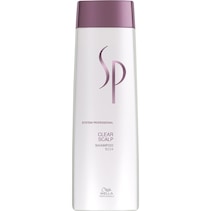



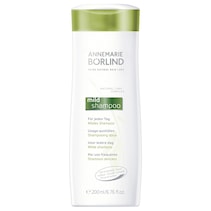
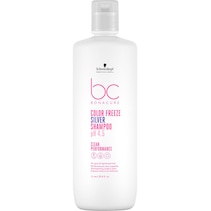
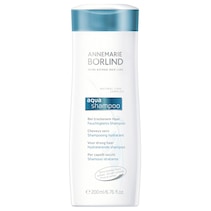
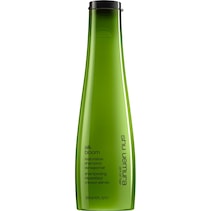
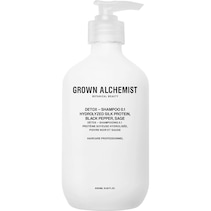
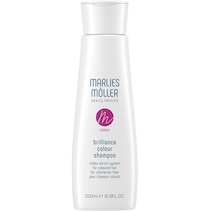
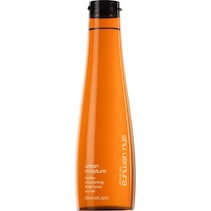
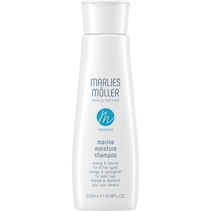
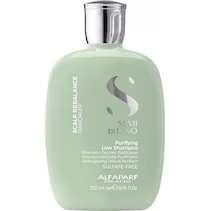
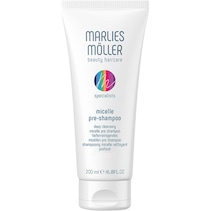
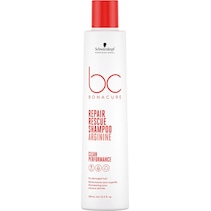
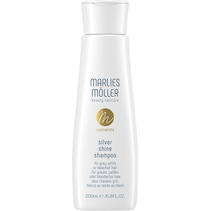
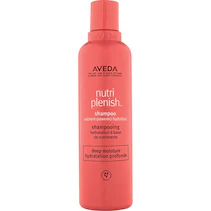
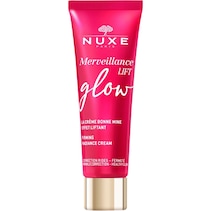
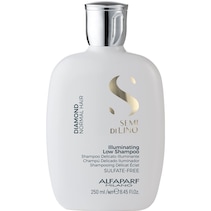
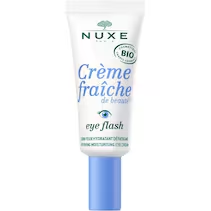
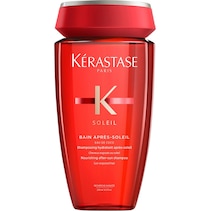
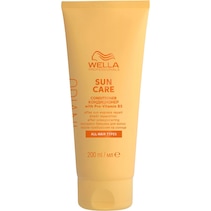
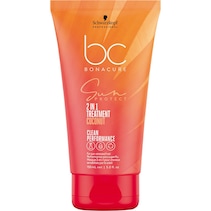
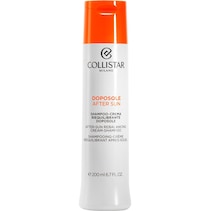
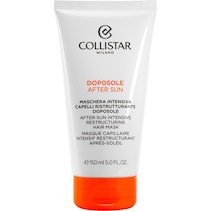
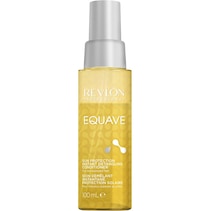
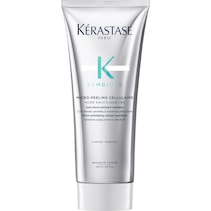
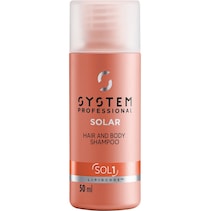
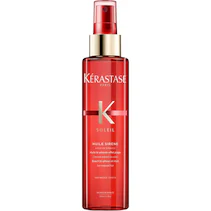
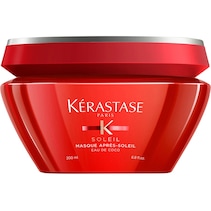
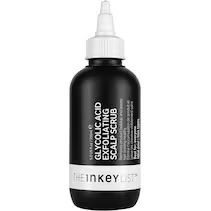
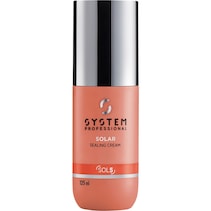
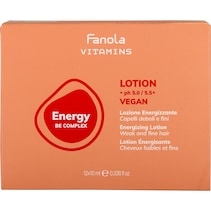
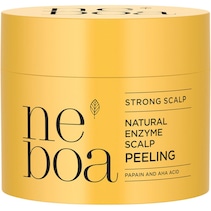
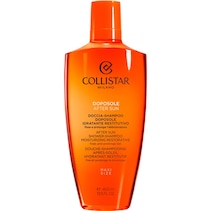
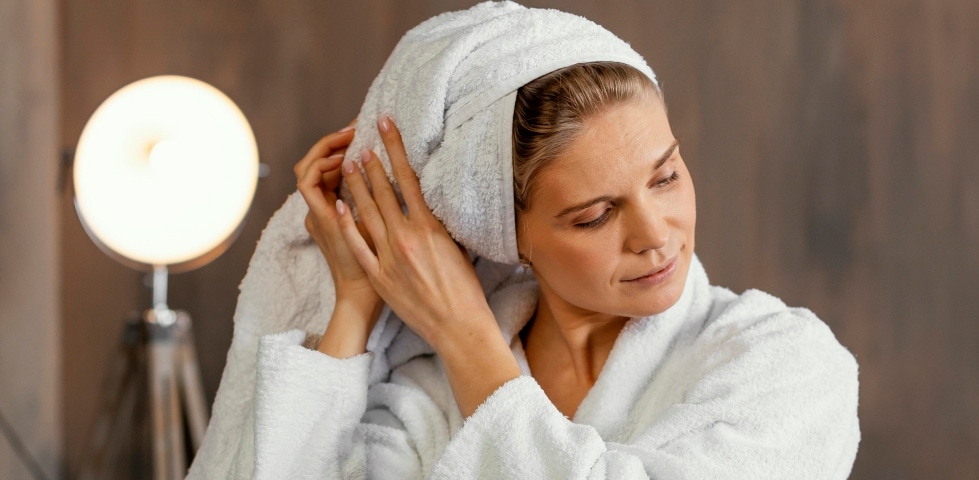
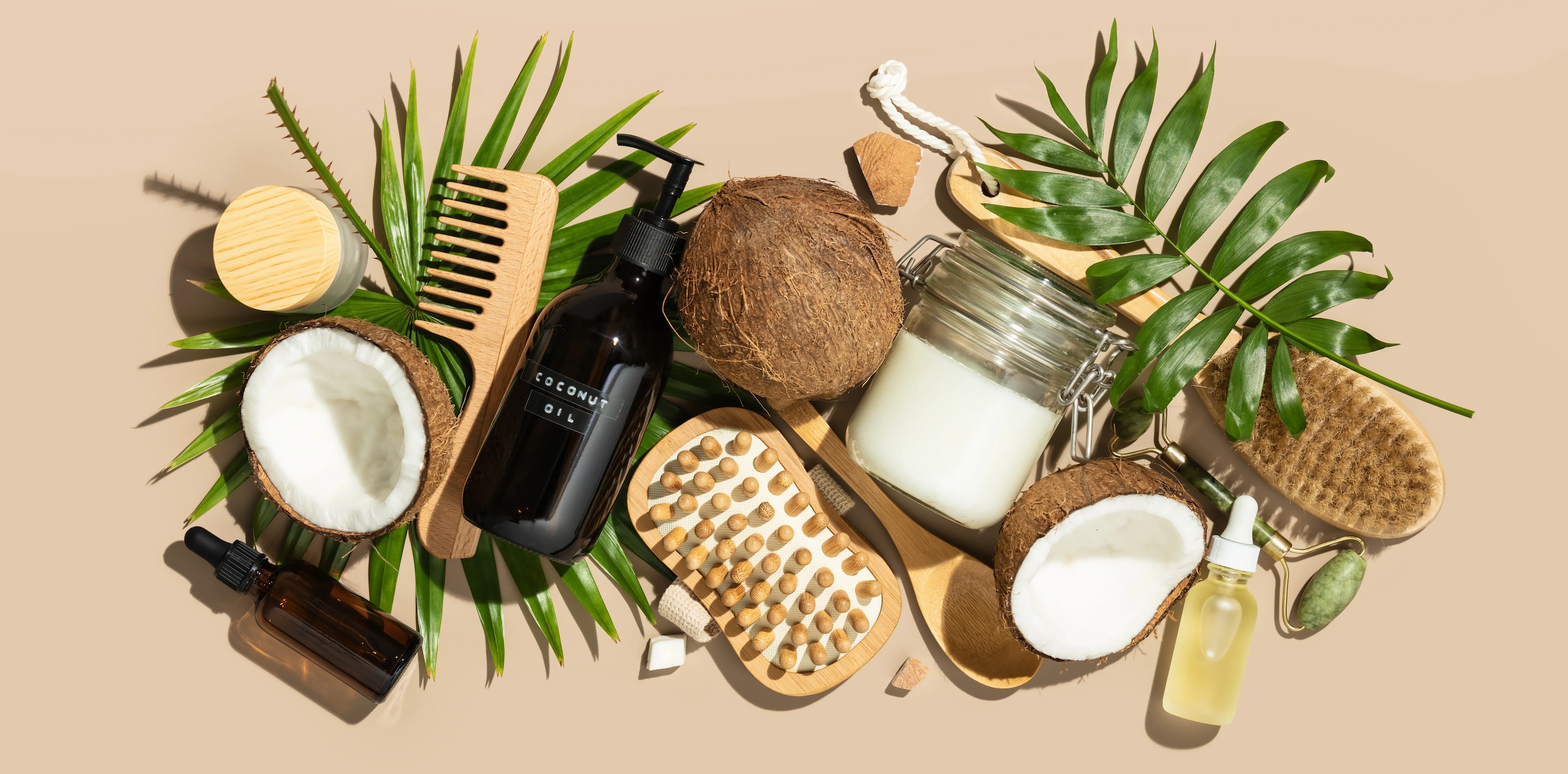
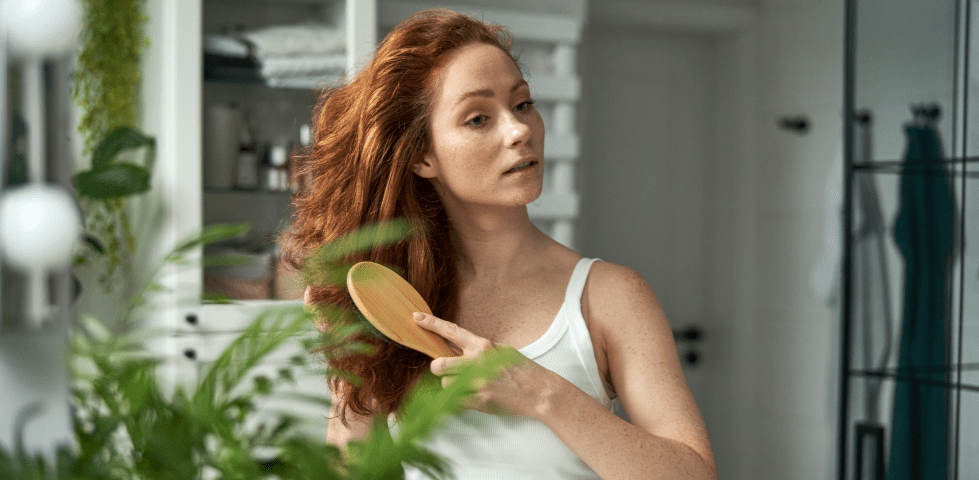












 Certified security
Certified security








